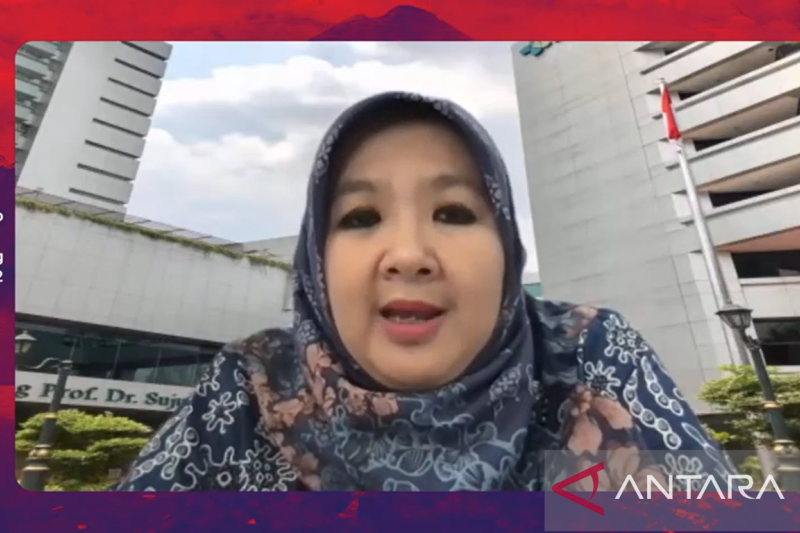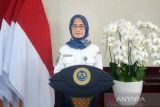
Indonesia will encourage the strengthening of the global health architecture by boosting the World Health Organization’s (WHO’s) coordinating role and building collaboration networks at the 2nd Health Working Group (HWG), the Indonesian G20 Presidency’s health spokesperson said.
"Strengthening the global health architecture by building the coordinating role of the WHO as a global health institution. Building collaborative networks is also very important," Siti Nadia Tarmizi stated at an online press conference, accessed from Jakarta on Friday.
There are considerable differences in the capacities of countries and regions when it comes to detecting as well as monitoring potential pathogens as part of genomic surveillance, she noted.
For this reason, strengthening the global health architecture and building collaborative networks is necessary to prepare the necessary responses.
This would also make the steps taken to tackle issues more effective.
Tarmizi further said she expects the 2nd HWG meeting from June 6–8, 2022, to provide certainty regarding the priority issue of financial intermediary funds (FIF).
"This is a technical priority, which will be part of strengthening the global health architecture and preparing for the future pandemic response," she added.
According to Tarmizi, this step will also strengthen the role of the WHO in coordinating various responses related to global health issues.
The 2nd HWG is also expected to identify various possibilities to mobilize health tools, diagnostics procedures, vaccines and treatments, as well as sustainable mobilization mechanisms to deal with potential health issues.
During the meeting, G20 countries are also expected to agree to continue using GISAID as a platform for sharing data as a form of global surveillance.
It is hoped that GISAID will be used not only to share data on influenza or SARS-CoV-2, which causes COVID-19, but also other potential viruses that can cause a pandemic, she said.
Indonesia is pushing three priority issues during its G20 Presidency: global health architecture, digital and economic transformation, and the transition to sustainable energy.
Related news: G20 HWG delegates agree to harmonize global health protocols
Related news: Cooperation with scientists crucial to realize One Health:T20 Co-Chair


















